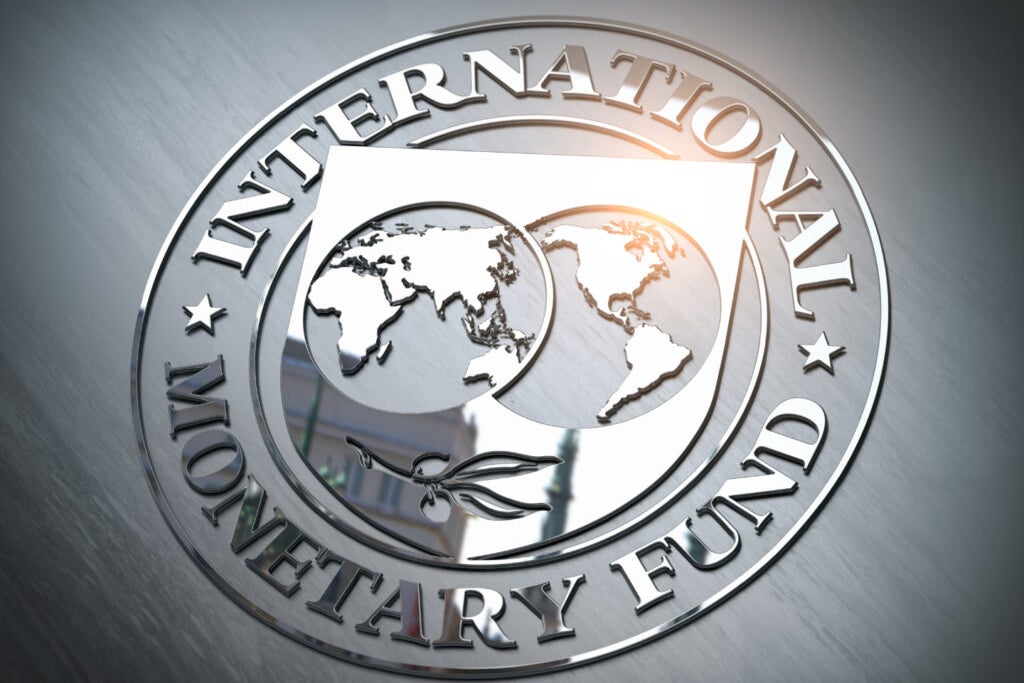IMF Sounds Alarm On US Debt As Trump Eyes Tax Cut Extension: Report

The International Monetary Fund has reportedly urged the United States to rein in its growing fiscal deficit and rising public debt as concerns mount over former President Donald Trump’s proposed extension of tax cuts.
In a recent interview with the Financial Times, Gita Gopinath, the IMF’s First Deputy Managing Director, emphasized the need for the U.S. to adopt more sustainable fiscal policies in light of deteriorating credit ratings and mounting debt obligations.
Gopinath described the country’s budget shortfalls as “too large” and warned that debt-to-GDP levels—now approaching 98%—were on an unsustainable trajectory, the report adds.
Read Next: Moody’s Downgrade: Real Risk Or Just Noise?
A decade ago, this figure stood at 73%, according to the Congressional Budget Office.
Her remarks followed a downgrade from Moody’s, which removed the U.S.’s final AAA credit rating due to debt concerns.
The rating agency projected that Trump’s push to prolong his 2017 tax cuts would increase the federal deficit from 6.4% in 2023 to nearly 9% by 2035, if implemented.
Scott Bessent, the Treasury Secretary, downplayed Moody’s action, calling it a “lagging indicator.”
He blamed the fiscal imbalance on the previous administration and reaffirmed the current administration’s commitment to deficit reduction, targeting a 3% deficit by the end of Trump’s term.
Despite recent easing in U.S.-China tariffs, Gopinath warned that trade policy uncertainty remains elevated.
She welcomed temporary pauses but noted that the effective tariff rate remains significantly higher than a year ago, adding that the long-term economic effects have yet to play out in the data.
The IMF recently trimmed its 2025 U.S. growth outlook to 1.8% and revised global growth expectations down to 2.8%, partially in response to ongoing trade friction and fiscal policy ambiguity.
Trump continues to push House Republicans to support his tax package, arguing that failure to do so would result in higher tax bills for voters. However, critics warn that the plan risks further straining government finances and eroding market confidence.
Read Next:



